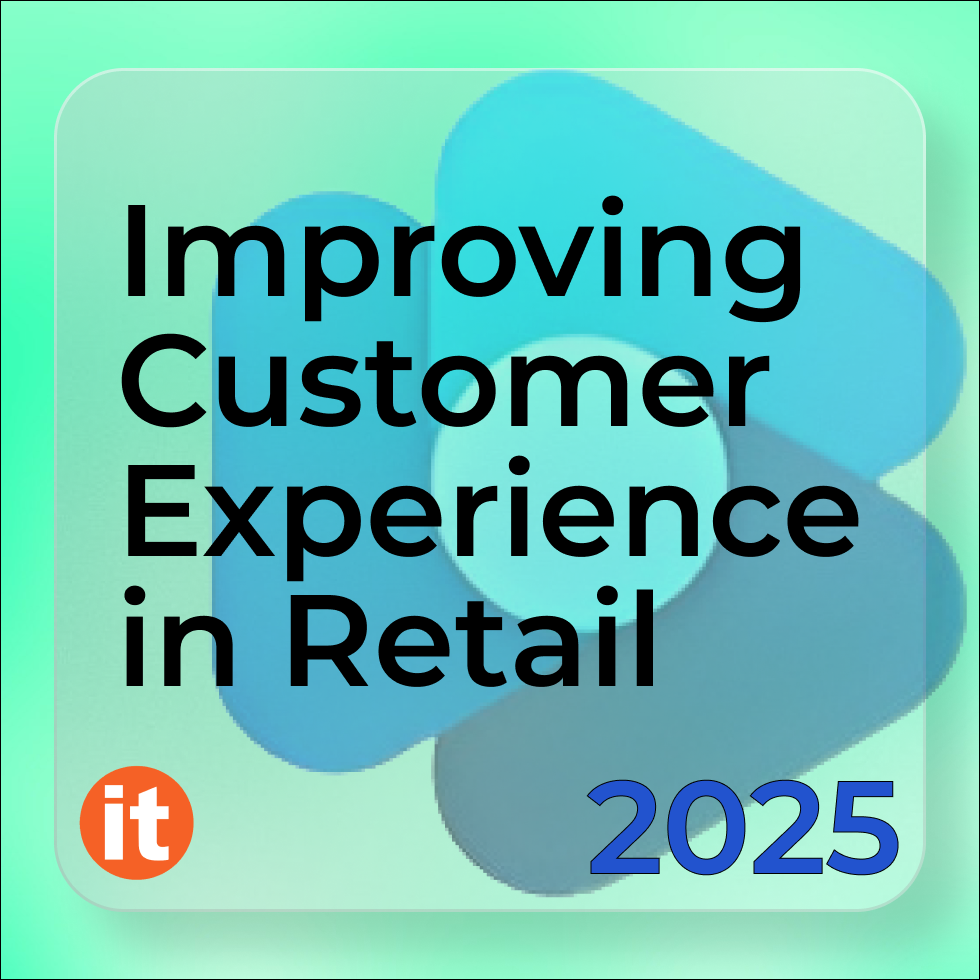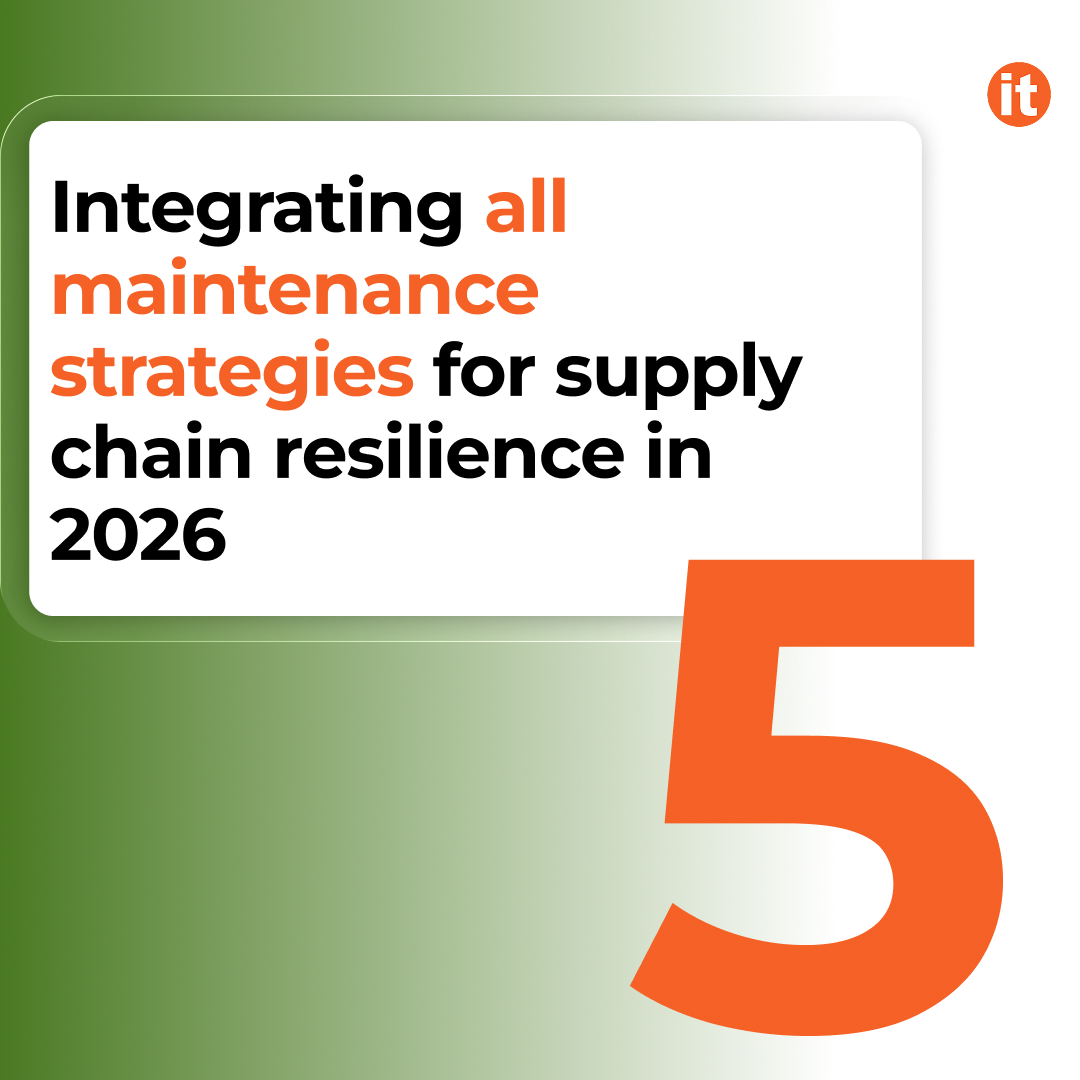Rapid market changes, globalization, and digitalization have led to increasingly demanding customers. Nowadays, they expect convenience, personalization, and prompt service at every stage of their interaction with a brand. Consequently, providing an exceptional customer experience is no longer just a competitive advantage; it is now a crucial requirement for survival and business growth.
In the retail industry, shopping decisions are increasingly influenced by factors beyond just price and product variety. Customers now consider the quality of service, the convenience of shopping channels, and how well a brand addresses their needs. This article will explore the strategies that retail companies can implement in 2025 to enhance customer experience and create greater value for their customers.
Table of Contents
Artificial Intelligence in Retail
Last year, numerous retailers started implementing artificial intelligence applications throughout the entire retail value chain. According to McKinsey, AI has the potential to create an economic impact ranging from $240 billion to $390 billion for retailers. There are two primary ways in which AI technologies are transforming the retail industry:
Optimizing Internal Operations
AI helps executives make faster and more accurate decisions, increases efficiency across all value chain links, and reduces costs.
For example, the latest update of Dynamics 365 Supply Chain Management focuses on accuracy and automation. Demand planning has reached a new level by considering external factors, including inflation, weather conditions, and other relevant data.
Generative analytics helps identify seasonal and trend patterns, ensuring optimal stock levels without surpluses or shortages. In procurement, the team’s workload is reduced thanks to the Supplier Communication Agent, which analyzes emails, updates data in the system, and automatically prepares reminders, leaving employees only with the final step.
Enhancing Customer Interactions
With AI, retailers are reimagining the customer experience, making the shopping journey more personalized, convenient, and enjoyable while building deeper and longer-term relationships with customers.
Let’s look at real company cases:
The Use of Chatbots
AI-powered chatbots are becoming one of the key tools for retailers to enhance customer interactions. With their help, shoppers can receive personalized recommendations, learn product and seller details, and manage their virtual shopping cart — adding or removing items.
Large retailers, particularly in the grocery and fashion segments, have been actively deploying AI chatbots in various formats. For example, Walmart launched its Text to Shop service, which allows customers to search for products, manage their carts, reorder items, and schedule deliveries via simple text messages.
AI Transforms Retail Performance Analytics
Retail depends on numerous variables, and evaluating their impact on results can be a highly complex process. Traditionally, sales trend analysis could take weeks: specialists manually reviewed price changes, competitor promotions, supply chain disruptions, and other factors to identify revenue drops and prevent future issues. With advanced AI and deep analytics, the approach has undergone a complete transformation. Instead of lengthy data analysis, managers can now receive ready-made, personalized reports with key metrics and specific recommendations for next steps.
For advanced analytics, the combination of Power BI and Dynamics 365 Customer Insights can be used. Customer Insights consolidates data from multiple sources to create a unified customer profile, while Power BI visualizes metrics in clear dashboards. As a result, managers gain access to personalized reports in near real time, enabling faster and more informed decisions.
Personalization as the Key to Customer Loyalty
Personalization has long been an essential part of customer experience: to attract and retain customers, brands must offer not only quality service but also personal, memorable interactions.
Research confirms the value of this approach. According to Forrester, 77% of customers are willing to pay more or recommend a brand if it delivers personalized experiences. Accenture adds: 75% of shoppers are more likely to purchase if the retailer knows their name, purchase history, or provides relevant recommendations.
Simple name-based personalization is no longer enough — today, actual value comes from smart data usage. Purchase history, support interactions, and CLTV provide deeper insights into the customer, enabling truly relevant solutions.
CLTV (Customer Lifetime Value) is a metric that shows the total profit a company earns from a single customer over the entire period of cooperation.
Modern CRM systems are essential for this, as they gather data from different channels and present it in a convenient format for employees.
Dynamics 365 Commerce is an excellent fit for this purpose — the platform unifies data from online and offline channels, builds a single customer profile, and helps deliver personalized recommendations, promotions, and offers. This enables brands to create a unified, seamless, and individualized shopping experience across all touchpoints.
Conclusion
In 2025, customer experience has emerged as the key factor for success in retail. Retailers that thrive are those investing not only in product variety and pricing but also in convenient digital services, personalized offerings, and strong employee support. Artificial intelligence has transitioned from being an experimental tool to an essential part of daily operations. It aids in optimizing processes, providing relevant product recommendations, enhancing customer interactions, and improving overall business performance.


















